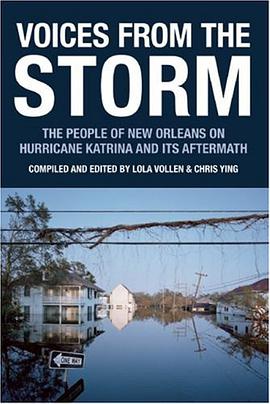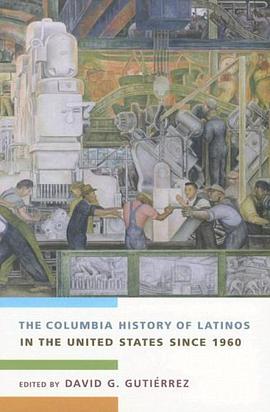

One of the central questions facing scholars of Appalachia concerns how a region so rich in natural resources could end up a symbol of poverty. Typical culprits include absentee landowners, reactionary coal operators, stubborn mountaineers, and greedy politicians. In a deft combination of labour and business history, "Glass Towns" complicates these answers by examining the glass industry's potential to improve West Virginia's political economy by establishing a base of value-added manufacturing to complement the state's abundance of coal, oil, timber, and natural gas. Through case studies of glass production hubs in Clarksburg, Moundsville, and Fairmont (producing window, tableware, and bottle glass, respectively), Ken Fones-Wolf looks closely at the impact of industry on local populations and immigrant craftsmen. He also examines patterns of global industrial restructuring, the ways workers reshaped workplace culture and political action, and employer strategies for responding to global competition, unreliable markets, and growing labour costs at the end of the nineteenth century.
具体描述
读后感
用户评价
相关图书
本站所有内容均为互联网搜索引擎提供的公开搜索信息,本站不存储任何数据与内容,任何内容与数据均与本站无关,如有需要请联系相关搜索引擎包括但不限于百度,google,bing,sogou 等
© 2025 onlinetoolsland.com All Rights Reserved. 本本书屋 版权所有




















